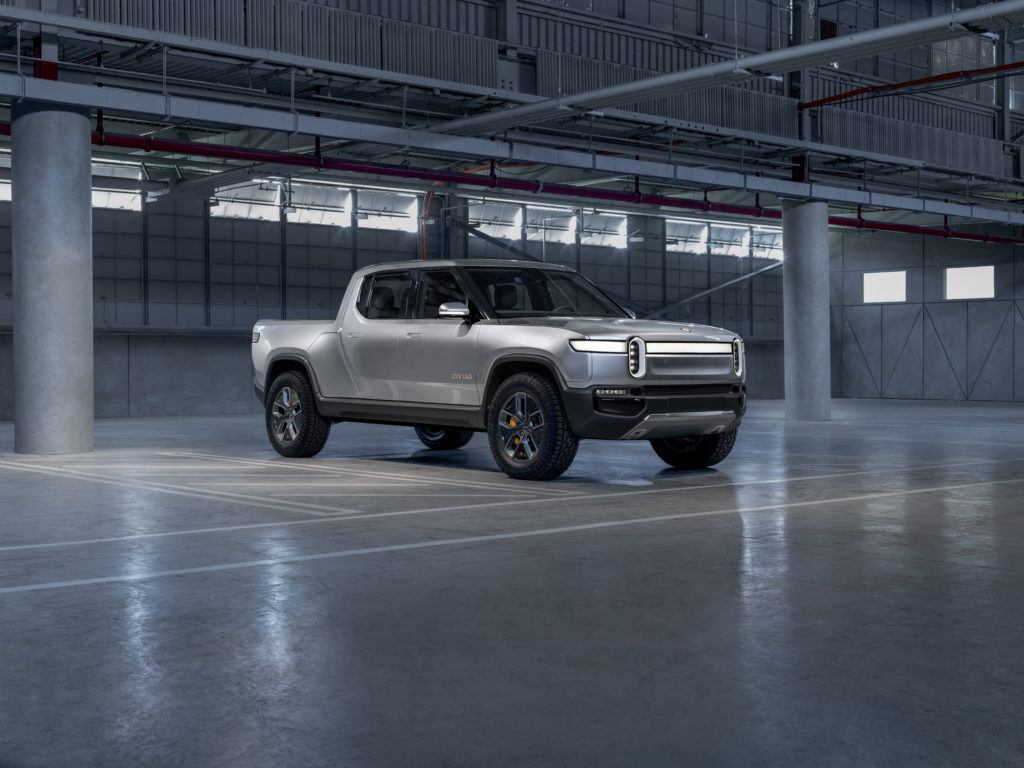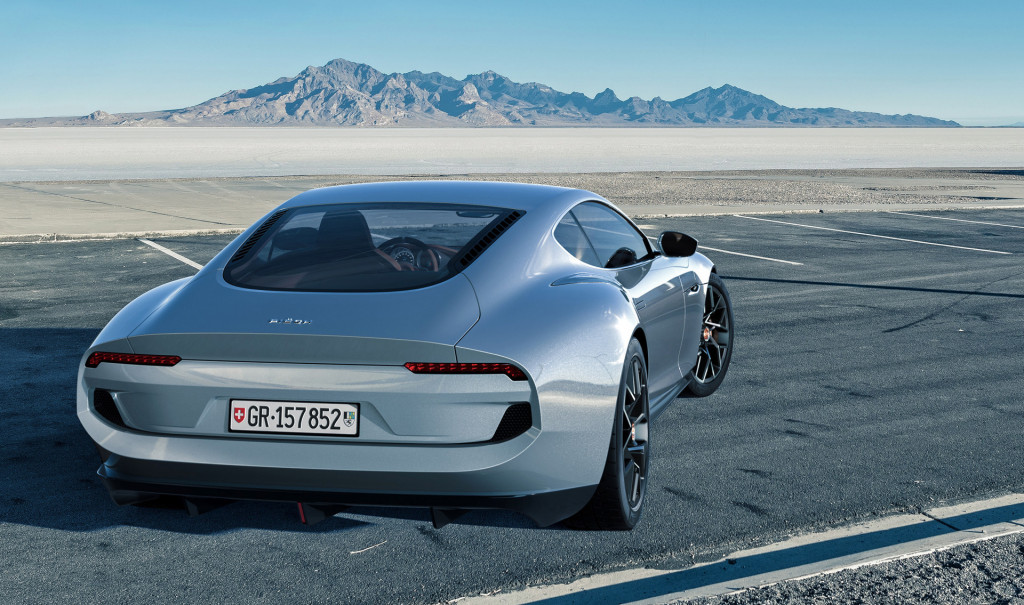Hydrogen cars are struggling to gain a foothold in the expansion of cleaner and greener electric cars. However they may still have a role to play alongside today’s booming EV market.
Bentley, for example, revealed in an interview with British car magazine Autocar last spring that it is considering fuel cells to give its large SUVs greater towing range.
“It is by no means certain that battery-electric is the right way to go,” Bentley engineering director Werner Tietz told that magazine. “One point we see is that some cars in our line-up—the Bentayga, for instance—is used for towing horseboxes and boats. With the current EV technology, that wouldn’t work.”
DC fast chargers are not yet spaced closely enough, and batteries would have to be too big and heavy for SUVs and pickups to have long-range towing capabilities.
According to the experience of some of our readers, towing a travel trailer cutting about half the range from a Tesla Model X, and except when the fastest charging was available, charging commanded too much time and diversions.

Rivian R1T electric pickup concept
Several automakers are working on electric pickups, which they say will have significant towing capacity. Rivian, for example, has said its upcoming R1T pickup for 2021 will tow up to 11,000 pounds. It’s expected to cost more than $70,000 to start, though, and most models will cost more than that.
Tesla CEO Elon Musk has hinted that its pickup will tow 300,000 pounds, though it’s not clear how far, how fast, or at what cost. Ford and General Motors, which are also reportedly working on electric pickups have not announced any details, though Ford showed a prototype of its electric F-150 towing 10 train cars 1,000 feet. Later the company said the project was a demonstration and did not represent the electric F-150’s likely actual tow rating.
Even if hydrogen production and distribution technology is 10 years away, he said, it could beat higher-density solid-state batteries to market. Selling fuel-cell cars as a luxury alternative to EVs might also alleviate concerns about the cost of fuel cells and hydrogen fuel.

Piech Mark Zero concept
Another possibility is supercars. Swiss startup carmaker Piech designed its new prototype electric sports car to accommodate a hydrogen fuel-cell powertrain as well as electric and plug-in hybrid powertrains (similar to the Honda Clarity.)
Although Piech has said that its electric Mark Zero will have a new super-fast charging system that can replenish its 300-mile battery in under five minutes, it’s not clear how plentiful the company’s unique charging system could become. In a place like California, which is committed to expanding access to hydrogen fueling stations, a fuel-cell could give such a grand touring car a longer range and faster fueling times.
Perhaps more importantly, it could be lighter for the same amount of range.

Pininfarina Battista
Pininfarina also confirmed last year that it will build 12 hydrogen fuel-cell powered race cars as a demonstration project to show how fuel cells could continue longer-range racing in an era of cleaner emissions.
Such expensive, aspirational cars and trucks offer a more realistic opportunity for automakers and engineers to amortize the cost of developing hydrogen supplies and bringing down the cost of fuel cells than family sedans or even SUVs do.
In the end, if sufficient fuel supplies and infrastructure come online, hydrogen fuel cells could live alongside electric cars, potentially as an upgrade option for buyers who are willing to pay for extra range—and may not mind giving up some space for hydrogen tanks.












